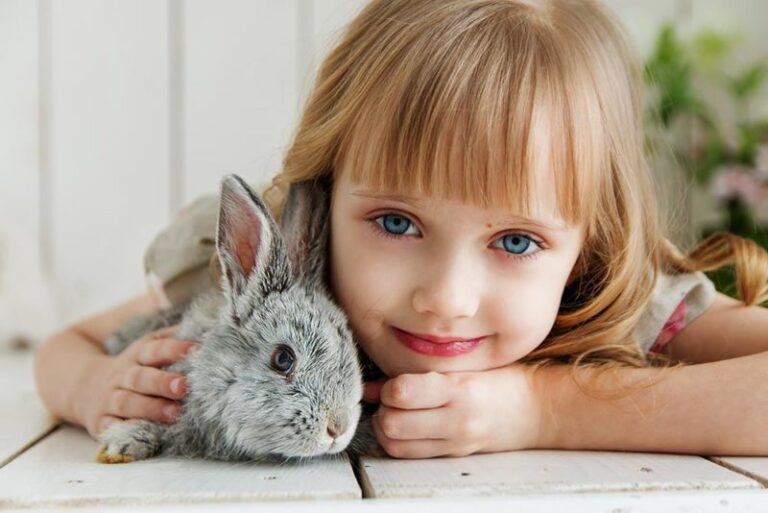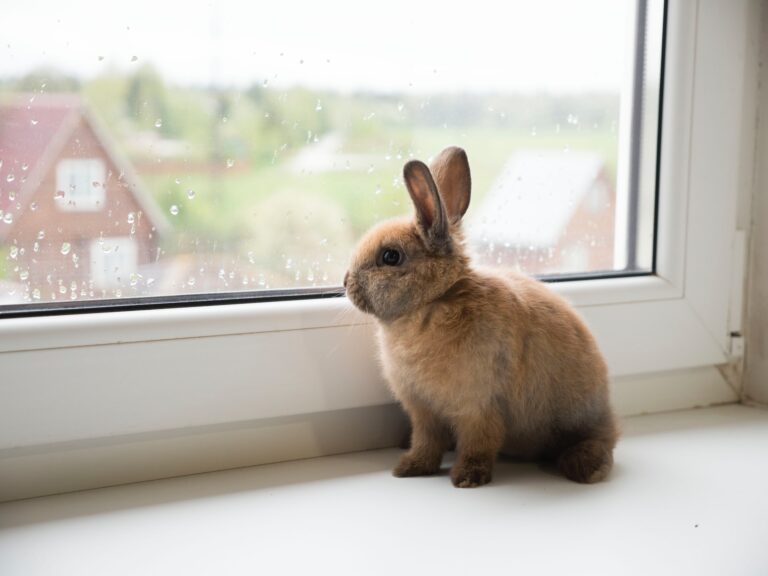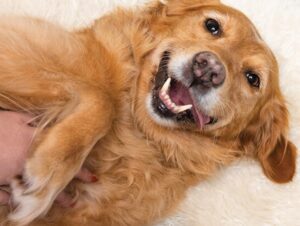Rabbits’ Diet:
Rabbits are hindgut fermenters; therefore, the intestinal flora/bacteria are crucial. That’s why it’s important to manage their diet well to keep the gut and, therefore, your rabbit healthy.
Rabbits excrete a type of dropping that is elongated, greenish in colour, coated in mucous and has a strong odour. These are called cecotropes, which are normally eaten by the rabbit, directly from the anus. These droppings are not made up of waste material but are rich in organisms. As your rabbit normally eats these droppings, you will not see them in the cage. If you are seeing these in the cage, it can be an indication that there is a problem with your rabbit and you need to have him/her examined by your vet. Normal rabbit droppings (rabbit poop) are round, hard, almost odourless pellets and are excreted during the day.
A healthy rabbit diet consists of:
- 80% Fresh hay (unlimited)
- Should be freely available all the time; fresh and of good quality (no mould or excessive dust).
- Should be hay not straw – straw does not have enough nutrients.
- 15% Vegetables/green foods (1 – 2 packed cups of veggies per kilogram of body weight)
- Helps to get water in.
- The darker green the colour, the more nutrients it contains.
- For example, mixed salad greens, broccoli, Swiss chard, watercress, kale, etc.
- 5% pellets (1/8 – 1/4 cup per day) – divided over two times per day. Do not give more than this.
- “Treat” food (1 tablespoon per 2-kilogram rabbit): Alfalfa sprouts, blueberries, carrots, cherries, sweet peppers, etc.
- Freely available and clean fresh water.
Do NOT feed any processed grains, such as bread, chocolate, oats, seeds, sugar, etc.
Make any changes to the diet slowly – the bacteria in the gut needs time to adapt.
NOTE: Alfalfa (lucerne) based diets were originally designed for meat animals, not for pets. Therefore, your rabbit can become overweight if consuming more than the recommended amount. It can also cause high blood calcium which will predispose it to bladder stones. Feed only as a treat.
Occasionally rabbits excrete red urine – this can be caused by pigments in plants. If you are concerned, please take a urine sample to your veterinary clinic and they can test the urine to identify whether it is blood or pigment.
Housing:
- Rabbits should not be completely confined to a cage – they need exercise. Constant confinement can lead to health problems especially if the housing is not cleaned out regularly. Always exercise your rabbit in an area where it cannot escape or train your rabbit to wear a harness for garden walks.
- Their living space should be at least 1.1 square metres with an exercise space of at least 3 square metres. Read here for more detailed information on housing sizes.
- Bedding needs to be changed often for hygiene purposes.
- Rabbits can be litter-box trained relatively easily – see here for more information on how to do this.
- They need an area where they can rest and also an area to hide.
- Rabbits need a variety of toys and treats for mental stimulation and chewing – rabbits love and need to chew. You will find many creative ideas online on how you can train your bunny and keep it mentally stimulated.
Handling:
- Always support the hindquarters and back to prevent serious spinal injuries. Their back bones are quite fragile and when they are left to hang and give a strong kick, as rabbits do, they can fracture their backs or legs.
- Never pick a rabbit up by its ears.
- Turning the rabbit on to its back results in a trance-like state – its defence mechanism (“playing dead” when caught by a predator). This can be useful if your rabbit needs to be examined.
Primary veterinary health care:
- Spay/neuter your rabbit at 4 months of age. If this is not done, females can develop uterine cancers and males become aggressive and territorial.
- Rabbits do not need to be starved before a surgical procedure as withholding food can cause a rabbit to have gut stasis which can be fatal. Always take some of your rabbit’s favourite treats with you to the vet if your rabbit has a procedure so that it can be encouraged to eat as soon as it wakes up from anaesthesia.
Common health problems:
Rabbits will typically hide illness symptoms extremely well. Therefore, you may only notice symptoms when they are already quite sick. Watch your rabbit carefully, if you notice any behaviour changes, discharges, salivation, difficulty breathing, change in droppings, or lumps please make an appointment for your rabbit to be seen by a vet.
Dental issues: All of a rabbit’s teeth (front and back) grow continuously. A good quality high-fibre diet (plenty of hay and fresh grass) plays a vital role in keeping your rabbit’s teeth healthy and short. Their teeth grow in both directions, into the mouth and the jawbone. If your rabbit’s teeth grow too long in any one of these directions, it will cause pain, discomfort, tooth root abscesses, drooling, anorexia (not eating), weight loss or creamy eye discharge. If you notice any drooling, lumps on the jaw, eye discharge or decreased appetite please contact your vet for an appointment. Teeth that grow too long will need to be trimmed/filed under general anaesthetic. It is not uncommon for a rabbit to need a dental filing once a year to maintain a healthy mouth.
Hairballs: Hair builds up in your rabbit’s gut from grooming, especially in long-haired rabbits. Rabbits can’t vomit up their hairballs like cats can so these hairballs can cause blockages in their gut. It is very important that you groom your bunny regularly to help remove excess hair.
Gastrointestinal problems: Rabbits can get diarrhoea from stress, diet changes, incorrect antibiotics and food too rich in water, i.e., too much iceberg lettuce. If your rabbit has diarrhoea it will need to be treated by your vet.
Nasal discharge: Rabbits get a type of ‘snuffles’ caused by bacteria (Pasteurella) and it is contagious to other rabbits (transmitted by sneezing). Bordetella is another type of bacteria that also causes upper respiratory signs. Rabbits can get Bordetella from guinea pigs; therefore, rabbits and guinea pigs should not be housed together.
Ear mites: You will see crusting of the external ear canals. Ask your vet about treatment.
Ulcerative pododermatitis: Rabbits can get open sores on their hocks or feet from poor quality flooring in the cage. Never place your rabbit in a hutch that has a wire mesh floor.
Danger signs:
- Diarrhoea and listlessness
- Loss of appetite and bloating
- Loss of appetite and laboured breathing
- Loss of appetite and runny nose
- Incontinence (seen as urine-soaked rear legs)
- Head tilt
- Abscesses
- Behaviour changes
If you see any of these symptoms please contact your vet immediately for an appointment.








